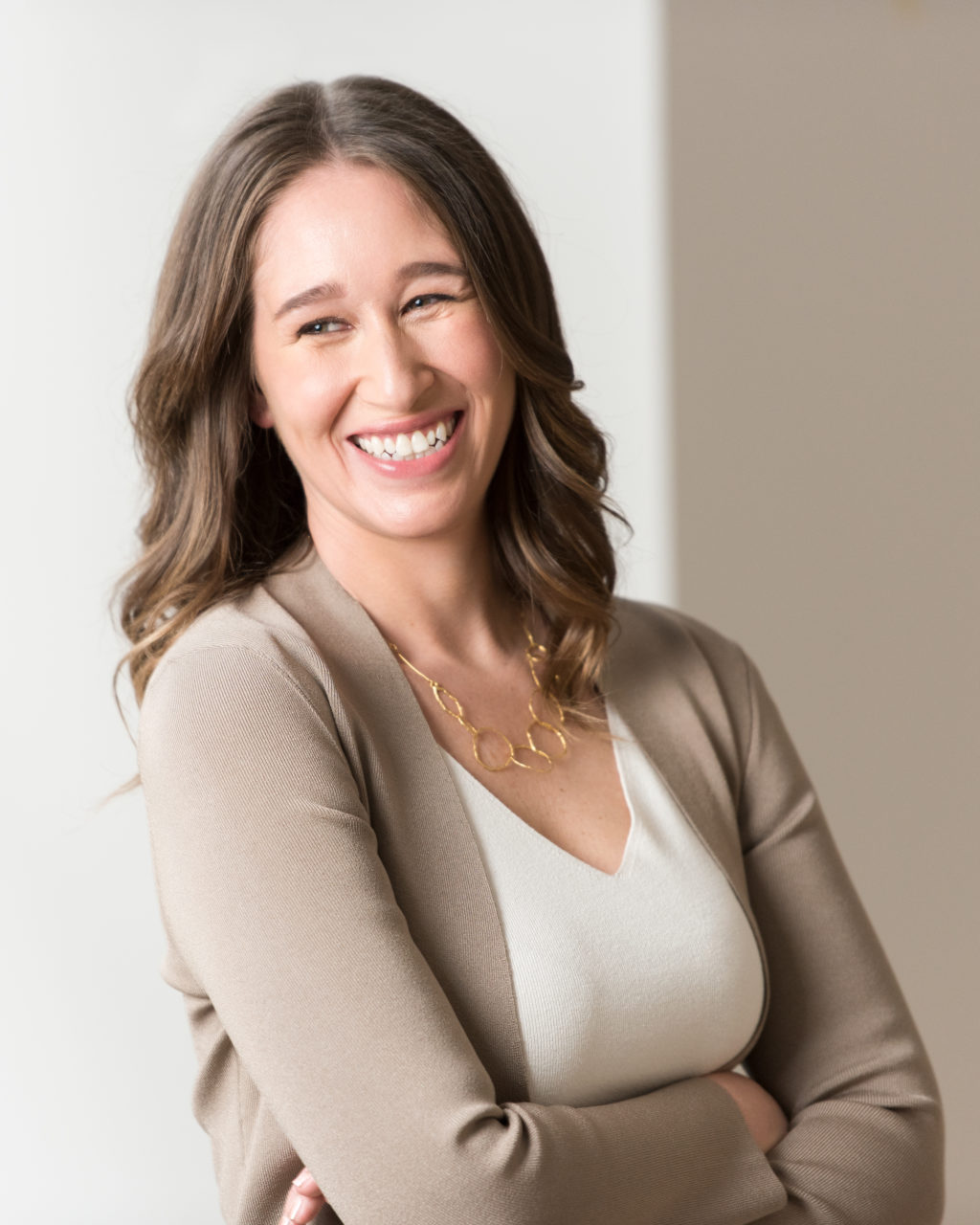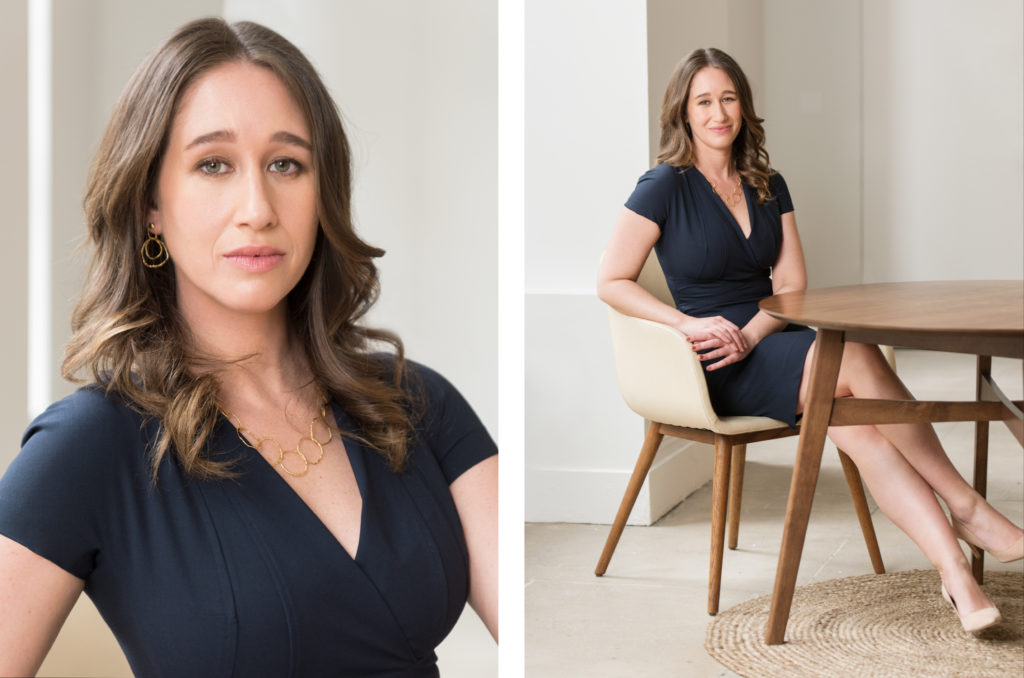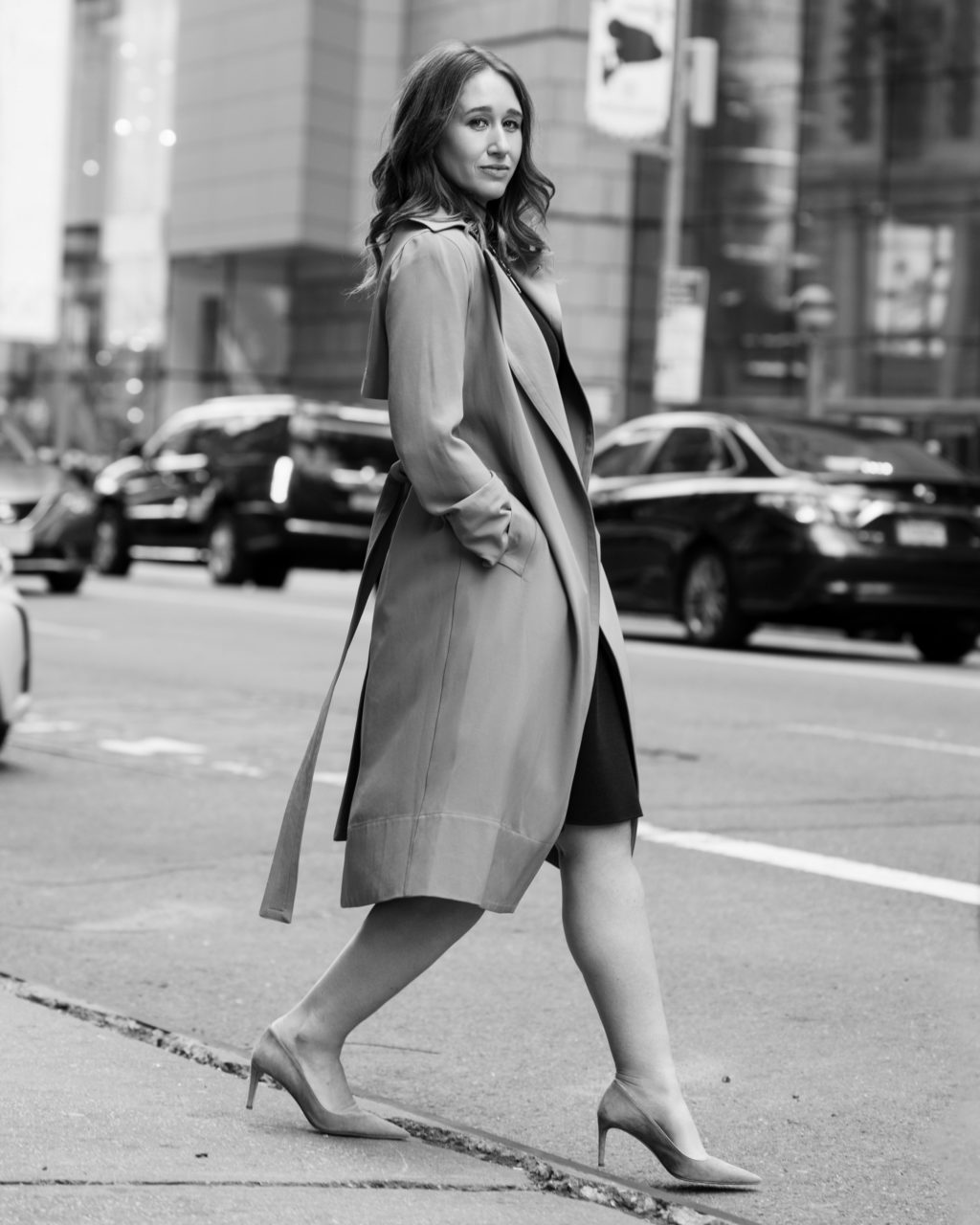A Criminal Defense Attorney on Work, Style, and Bringing More Women Into the Field
June 28, 2018 | Filed in: Your Career
Criminal defense attorney Lindsay Lewis loves being an underdog. Throughout her career, she’s represented defendants who run the gamut from whistleblowers to executives to drug dealers. As she’s taken on these cases, she’s also witnessed an influx of women into the field—and has worked hard to encourage more of them to follow. She recently talked with us about the meaning she derives from her work, why the profession needs more women, and her thoughts on professional style.
What drew you to criminal defense law?
I was a political science major at Vassar College, and I felt that there were two paths that naturally followed from there: going into either politics or law, and I knew I didn’t want to go into politics. Plus, the idea of becoming a lawyer had always intrigued me (my mom would say because of my innate ability to argue).
While I was in college, I worked as a paralegal at a small firm that specialized in high-profile criminal appeals, and the very first appeal that I worked on was a murder case. It felt like a real-life murder mystery—everything about the case was exciting to me, from the theories about how the victim had died, to the testimony from the medical experts. What we were seeking for our client, a woman who was in prison for that murder, was a new trial. Now that I’ve been practicing law for more than 10 years, I know how hard it is to get a new trial, but we did it. Today, that client is free. She got married, had kids—it’s just amazing. From the second I began working on that case, even before we won, I was hooked.
Winning is obviously an amazing feeling, but I really love being an underdog. I like fighting for justice. I also love that criminal defense is so personal. The high stakes of these cases and the stress of being accused of a crime, combined with the intimate nature of the work, produces close relationships between me, my clients, and their families. Every year I get holiday cards from past clients, and when I see what they’ve been able to achieve in their lives, in part because I advocated for them and protected their rights, it’s so gratifying.

Lindsay wears the Woolf jardigan in taupe pearl, the Peggy top in ivory, and the Oberon necklace in brass.
What’s the training like for a criminal defense attorney?
Everyone in law school takes a criminal defense class—it ends up being a part of the bar exam. But really, the way you learn to be a criminal defense lawyer is on the job. Once I became an attorney, I went to work at a firm that put me in court my very first week.
Criminal law includes mail fraud, narcotics trafficking and murder—and pretty much everything in between. The kinds of cases that I work on cover every area of the law imaginable, from shoplifting to national security. That’s part of what makes the work so exciting. My clients come from every walk of life: I’ve represented doctors, pharmacists, accountants, students, teachers, people who work in finance and tech, executives, low-level employees, whistleblowers, street-level drug dealers, and kingpins.
With this kind of work, you have to be adaptable and versatile. For instance, to properly represent a doctor, you might need to know how a particular surgery is performed. When you’re working on a cyber law case that no one has broached before, you need to be able to find experts who can educate you. I think my willingness to take on these difficult cases and admit what I don’t know and learn quickly has given me a reputation for being able to handle complex and challenging legal problems.
Tell us about your work on the “Know Your Rights” book series.
This is my passion project—I’m a consultant and reviewer for this series, which is meant to educate young people on the brink of adulthood on their rights and the law in a variety of areas. It also advises kids of the collateral consequences of an arrest or conviction, and outlines the questions they should be asking their lawyers to ensure that their rights and their futures are protected.
A big problem in this country is that people know to worry about serious charges, like drug trafficking or murder, but they don’t realize that seemingly minor cases can be just as devastating. For example, they could have immigration consequences. They could prevent you from pursuing certain jobs or careers or licenses. They could take away the right to certain government benefits. For people of lesser means, these benefits are critical. The fact is that these consequences disproportionately impact people of color, who are more frequently arrested and charged with crimes, and who often can’t afford a lawyer who will inform them of these consequences and protect them. I wanted to work on this series because I wanted to try to level the playing field a bit.

Lindsay wears the Emma dress in galaxy blue, the Helene necklace in brass, and the Oberon earrings in brass.
What has your experience been like as a woman working in a largely male-dominated field?
While the field is still male-dominated overall, there is a large and rapidly growing contingent of women in criminal defense law. Some of the winningest defense attorneys in the industry are women. Their value to our profession is undeniable, because their presence encourages other women to join our ranks. For that reason, I think it’s a really exciting time to be a female criminal defense attorney, because you can feel the profession changing.
Having women excelling in criminal defense law raises everyone’s game. In many ways, women have had to try harder at every level of their careers, to prove themselves and show their skills. If the result is that the men have to work a little harder to keep up, that is a gain for the profession overall.
In the decade-plus that I’ve been practicing, the support networks for women have become so much more robust. I was recently appointed the co-chair of the National Association of Criminal Defense Lawyers’ “Women in Criminal Defense” Committee. The sense of community that comes through aligning with other women is empowering, and it really sustains us. I always strive to work with women, to promote women, and to support women because I believe we have a long way to go to be equals in this field. And I have benefited so much from other women who have supported me and promoted me and referred cases to me, and done all of these things that are critical to making sure that women are heard and respected in our profession.
How do you think about self-presentation and clothing in the context of your work?
The criminal defense field is overdue for a wardrobe overhaul. With more women coming into the industry, we have a chance to reshape the image of what a defense attorney looks like. From a style perspective, we can’t do that by dressing like our predecessors—they’re all old white men who dress like old white men.
We need to convey confidence by dressing like ourselves, not trying to fit some outdated mold. Female lawyers should not shy away from wearing feminine pieces or color or skirts or dresses or pants cut for women, because we shouldn’t have to compromise on these things to be considered competent lawyers. I don’t think drab and formal are synonymous. I work in a business-formal world, but there’s room for color, there’s room for femininity, there’s room for patterns. There’s power in being comfortable with who you are. Trying to dress like someone else is the least empowering thing you can do.
As a lawyer, I always try to be appropriate and professional. When I appear in court, I want to convey respect for the system and the judge. And when I see my clients, I dress professionally whether they’re in my office or in prison, because I want to respect them and the seriousness of their legal situation. Being accused of a crime is a degrading, stressful, and heartbreaking experience across the board, for anyone. And I just want my clients to be able to maintain as much of their integrity and self-worth as possible through this difficult, dehumanizing process.

Lindsay wears the Paloma trench in shitake over the Melanie dress in auburn.
Looking to upgrade your work wardrobe? Start with our bestselling pieces here.
Photographs by Matthew Priestley.





